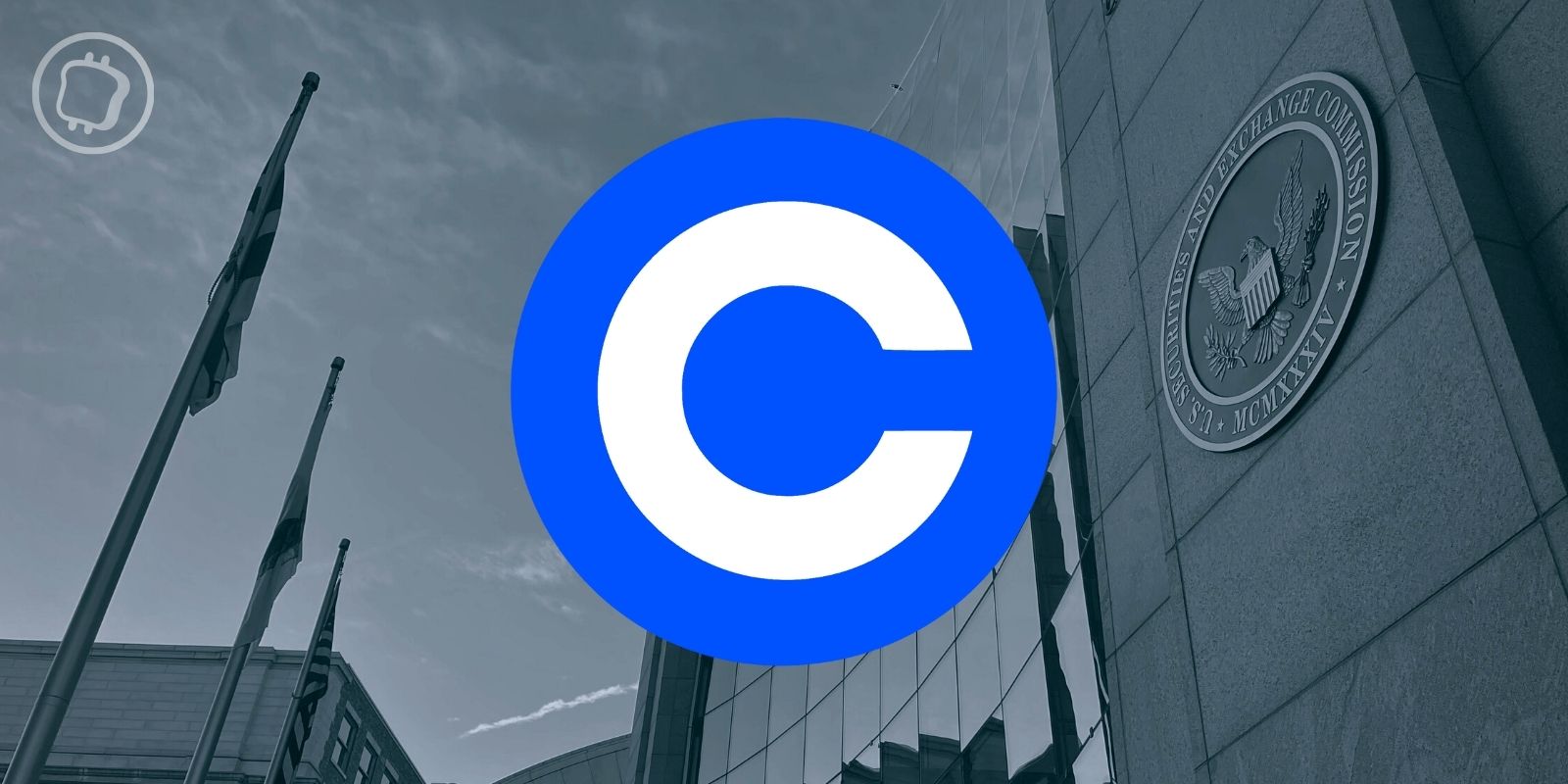As part of a preliminary hearing in the case between Coinbase and the SEC, one of the latter’s lawyers suggested that the American financial policeman had not fully analyzed whether the exchange’s activities could violate laws on securities prior to its IPO. We return to these comments in more detail.
The SEC justifies itself on the IPO of Coinbase
This week, lawyers for the Securities and Exchange Commission (SEC) and Coinbase were heard by Judge Katherine Polk Failla of the Court for the Southern District of New Yorkas part of a preliminary hearing.
One of the notable facts to emerge from this session is the SEC’s line of defense. To put the elements into context, Coinbase has often highlighted the fact that before its IPO in 2021 the federal authority had analyzed and approved its S-1 form, in which all of its activities were detailed.
Thus, the judge asked Peter Mancuso, one of the commission’s lawyers, to explain why no one had alerted the company to potential violations of securities laws. This then has half-acknowledged that the SEC’s analytical work was not done properly :
“Your Honor, I will simply say that the fact that the SEC clears a company to go public does not mean that the SEC blesses the company. [ou] its underlying structure [ou qu’elle] does not violate the law. […] In fact, there is no evidence to show that the SEC looked at specific assets and made specific decisions and then comforted Coinbase that it would not later turn out to be securities. »
👉 To go further — What is a security and what does it mean for cryptocurrencies?
Discover Coinbase
9€ of bitcoin offered for your 1st purchase
🎧 Listen to this article and all other crypto news on Spotify
A judge skeptical of this answer
Faced with Peter Mancuso’s justifications, Katherine Polk Failla indicated that while she did not expect the SEC to be omniscient, she was hoping for at least a more complete analytical work :
“But I would have thought the commission was being diligent in what Coinbase was doing, and somehow I thought they would say, ‘You really shouldn’t be doing this, it’s contrary to securities laws […] so be warned that maybe one day there could be a problem”. […] Again, you may be right, but I take your answer with some skepticism. »
Despite everything, the lawyer remained on his position, which echoes to the regulatory vagueness pointed out for months in the United States.
Of course, all these discussions are non-binding and that is only one of the steps before the resolution of the conflict between the SEC and Coinbase. We saw it this week with Ripple (XRP), such cases stretch over several years before a verdict can be reached.
👉 Also in the news — Victory of Ripple’s XRP: what lessons can be learned for the cryptocurrency ecosystem?
Confused and overwhelmed by cryptocurrencies? 🤔
Spot opportunities and make informed investment decisions 🔎

Source: Transcript of the preliminary hearing
Newsletter 🍞
Receive a summary of crypto news every Monday by email 👌
What you need to know about affiliate links. This page may feature investment-related assets, products or services. Some links in this article may be affiliated. This means that if you buy a product or register on a site from this article, our partner pays us a commission. This allows us to continue to offer you original and useful content. There is no impact on you and you can even get a bonus by using our links.
Investments in cryptocurrencies are risky. Cryptoast is not responsible for the quality of the products or services presented on this page and could not be held responsible, directly or indirectly, for any damage or loss caused following the use of a good or service highlighted in this article. Investments related to crypto-assets are risky by nature, readers should do their own research before taking any action and only invest within the limits of their financial capabilities. This article does not constitute investment advice.
AMF recommendations. There is no guaranteed high return, a product with high return potential involves high risk. This risk-taking must be in line with your project, your investment horizon and your ability to lose part of this savings. Do not invest if you are not ready to lose all or part of your capital.
To go further, read our Financial Situation, Media Transparency and Legal Notices pages.










